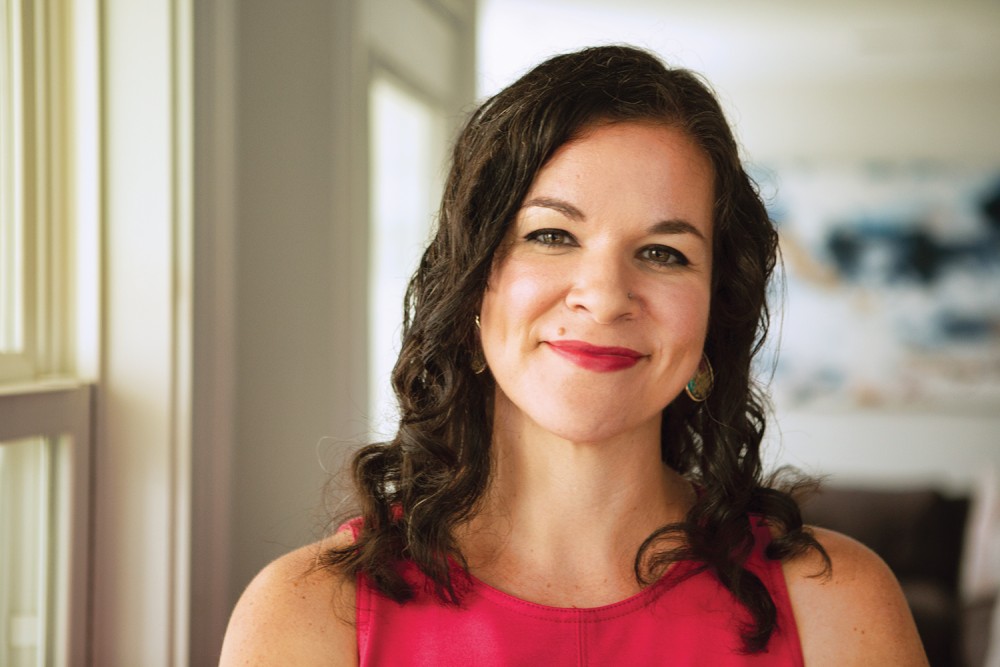Seeing abortion access as a blessing
“Abortion is not abstract,” says Katey Zeh, CEO of the Religious Coalition for Reproductive Choice. “It happens within the context of a real person’s life.”

Minister and writer Katey Zeh (Photo by John Noltner)
Katey Zeh is CEO of the Religious Coalition for Reproductive Choice, a multifaith organization that advocates for safe and legal abortion access, provides spiritual companionship through abortions, trains faith leaders and activists, and more. Zeh is an ordained Baptist minister, a writer, and a member of the Planned Parenthood Federation of America’s clergy advocacy board. She is author of A Complicated Choice: Making Space for Grief and Healing in the Pro-Choice Movement and Women Rise Up: Sacred Stories of Resistance for Today’s Revolution.
Tell us about the origins of the RCRC.
Our roots go back to the Clergy Consultation Service on Abortion of the late ’60s and early ’70s. These were clergy who helped people get access to safe abortion care pre-Roe. They saw that people were suffering and dying from a lack of access to safe abortion care, and they felt like it was their call to care for their community. Since 1973, we’ve expanded our mission and changed our name from the Religious Coalition for Abortion Rights to the Religious Coalition for Reproductive Choice.




